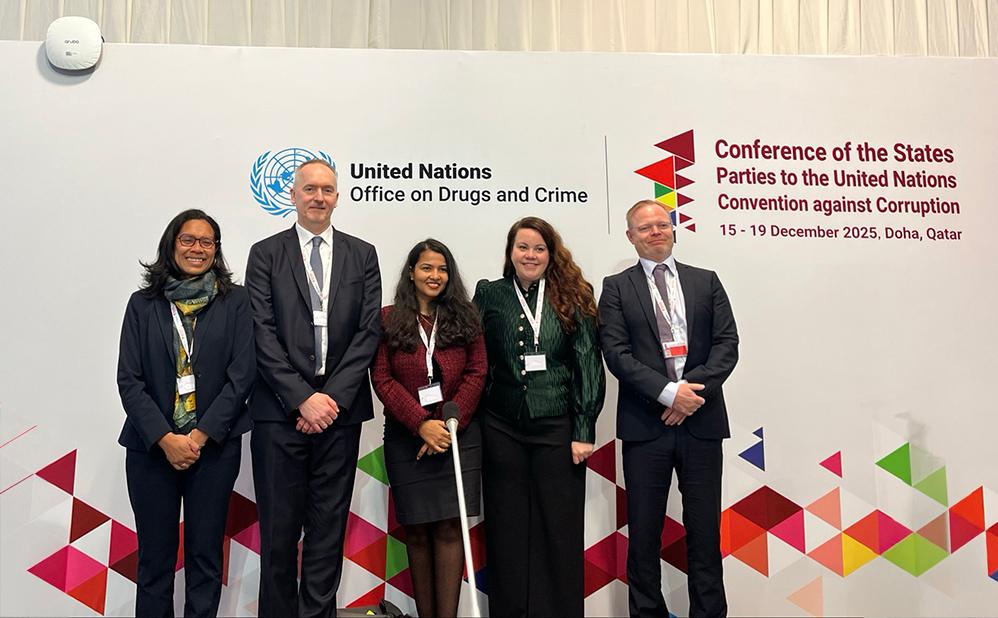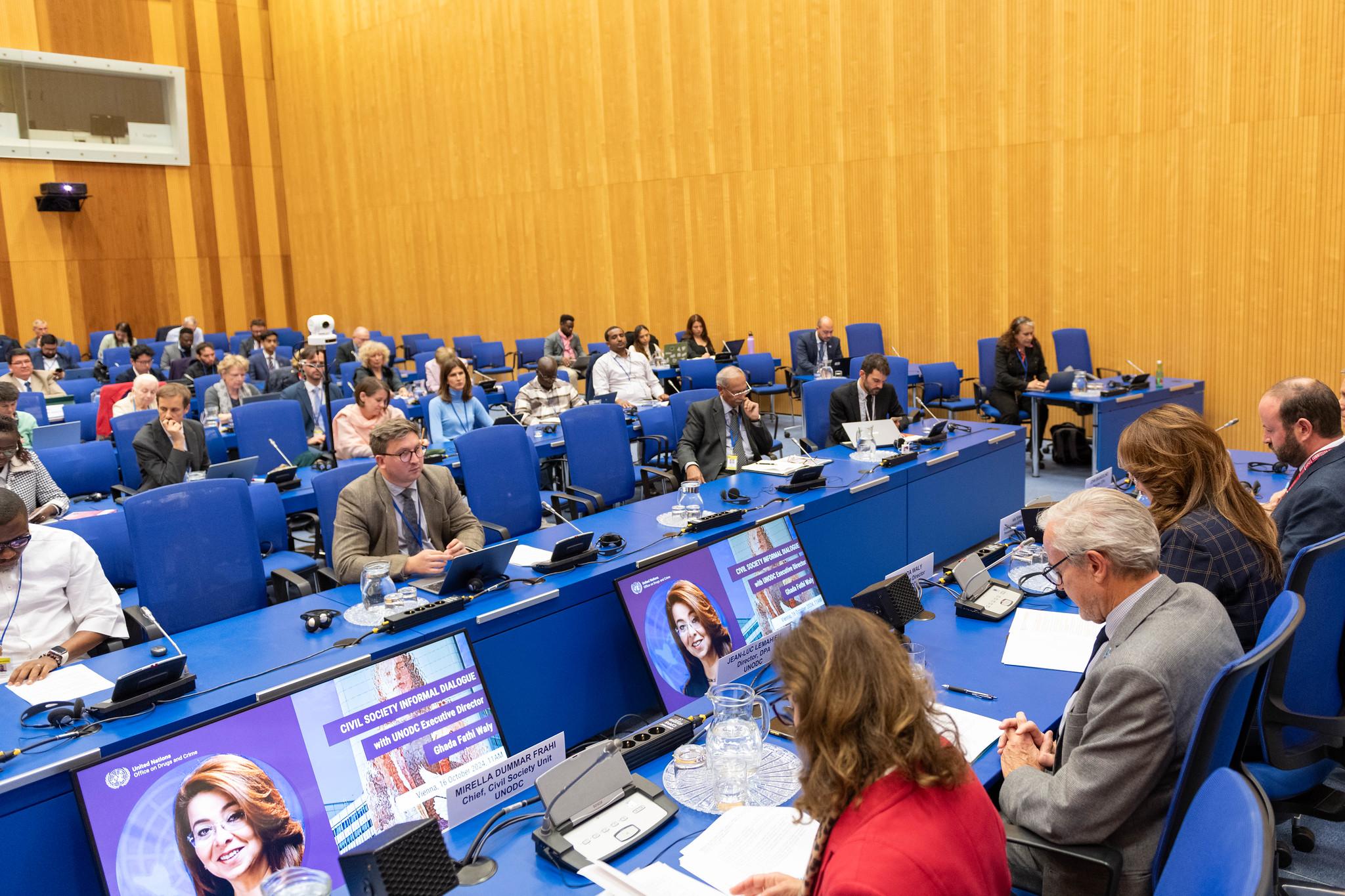As cultural spaces offer distinctive pathways for building anti-corruption’s social foundations in Ukraine, international partners could help leverage this potential.

Featured content
From the blog
Latest publications
Learning and Events
Webinar
Harnessing data for inclusive and effective anti-corruption efforts
An UNCAC CoSP side event to explore how data from corruption and discrimination surveys can be combined to design more inclusive, evidence-based anti-corruption systems.
19 December 2025
Register
Webinar
Advancing Resolution 10/10 by addressing sexual corruption
An UNCAC CoSP side event to help advance Resolution 10/10 by highlighting the legislative challenges and emphasising the need for ‘do-no-harm’ approaches to address sexual corruption.
CoSP11, Doha, Special event
19 December 2025
Register
Webinar
Out of the grey zone: The role of professional service providers
An UNCAC CoSP Special event to highlight positive responses, potential pitfalls, and practical paths forward for Member States and professional service providers to counter corruption and illicit financial flows.
CoSP11, Doha, Special event room 5
16 December 2025
Register
Become a partner

Online training
We offer dynamic and time-efficient online courses. Be confident with anti-corruption initiatives in your work.

Workshop events
Our team can help bring momentum to processes. We gather different actors for informed discussions.

Helpdesk for partners
Send in your corruption-related questions about development programmes, sectors, or countries. A free research service.
Browse our topics
Anti-corruption agencies
How to assess and improve anti-corruption institutions' performance.
Updated 17 July 2025
Anti-corruption basics
The conditions that facilitate corruption and the general implications for development programming.
Updated 19 December 2025
Anti-corruption courts
Find information on why we may need specialised anti-corruption courts including possible designs and performance analyses.
Updated 17 July 2025
Auditing and financial control
Auditing and controls are essential parts of public financial management. Supreme Audit Institutions play a visible role, and support to strengthen these institutions has amplified. These institutions can be subject to political interference, politicisation, and wing-clipping.
Updated 19 May 2025
Budget process
Government income and expenditure are determined and allocated in the budget process. This process is usually divided into four or five stages, and corruption may influence all of them.
Updated 19 May 2025
Civil society
People at large can play an important role in holding power to account and addressing problems of corruption.
Updated 11 February 2026















